TTIP: The EU-US trade deal explained
- Published
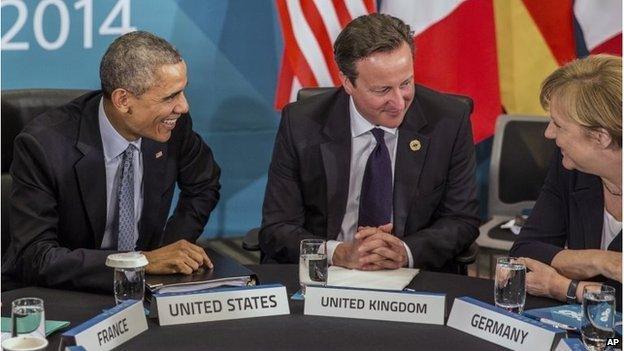
Barack Obama, David Cameron and Angela Merkel discussed TTIP at the G20 summit in Australia
David Cameron is meeting other EU leaders and industry bodies at CBI-hosted talks in Brussels hoping to inject fresh impetus into talks on a transatlantic trade deal. Supporters say it will boost economies - critics call it anti-democratic.
What is the TTIP?
The Transatlantic Trade and Investment Partnership, now generally known as TTIP, is primarily a deal to cut tariffs and regulatory barriers to trade between the US and EU countries, making it easier for companies on both sides of the Atlantic to access each other's markets. Industries it would affect include pharmaceuticals, cars, energy, finance, chemicals, clothing and food and drink.

What do supporters say it will achieve?
The British government claims TTIP could add £10bn to the UK economy, £80bn to the US and £100bn to the EU every year. It says shoppers would benefit by the removal of EU import tariffs on popular goods, such as jeans and cars. It's also claimed that reducing regulation would help UK businesses export to the US, with small businesses in particular predicted to benefit. And supporters say restrictive markets would be opened up; for example, currently British lamb and venison cannot be exported to the US. David Cameron has promised to put "rocket boosters" behind talks to secure the deal, saying TTIP is central to his vision of a reformed competitive Europe. TTIP is also supported by the Liberal Democrats. Labour, UKIP and the SNP broadly support it with caveats over the NHS. Plaid Cymru is more sceptical and the Green Party is strongly opposed.

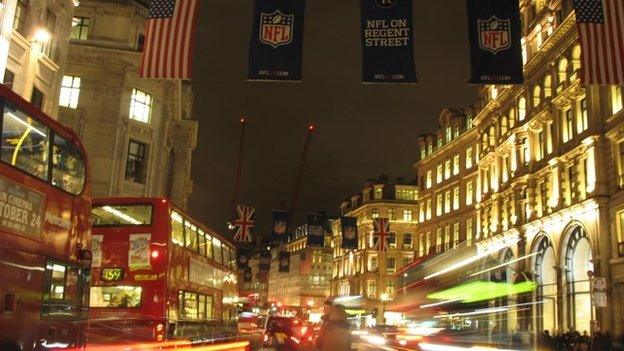
Supporters say the deal could add £10bn to the UK economy by boosting trade to the US
How did it come about?
Leaders at the EU-US summit of November 2011 set up a working group to find ways to increase growth and competitiveness, given shared concerns over economic stagnation and frustration at the lack of progress in the Doha round of multilateral trade negotiations. The working group reported in February 2013, recommending a "comprehensive" bilateral trade agreement, which became the TTIP. The TTIP is one of the ten priorities of Jean-Claude Juncker, president of the European Commission.

Timeline
November 2011 - US and EU leaders agree action is needed to boost trade and revive stagnant economies on both sides of the Atlantic
June 2013 - TTIP negotiations launched
July 2013 - First negotiating round in which 24 working groups, each representing a policy or trade area, are established
January 2014 - European Commission announces freeze of negotiations over the investment section of the TTIP, pending the outcome of a consultation
September 2014 - Outgoing EU trade commissioner Karel De Gucht warns there is a danger the TTIP will not be agreed by the original deadline of 2015 and that the US presidential election in 2016 could further delay negotiations

How is it being negotiated?
The EU's trade commissioner, currently Cecilia Malmström, takes the lead in trade talks. The commission consults the UK and other EU governments during the negotiations through the Trade Policy Committee, made up of senior officials from each member state. Negotiators have been meeting alternately in Brussels and Washington.

What is the main focus of negotiations?
Tariffs between the EU and US are already low - averaging around 3% - and both sides foresee they will be eliminated under the agreement. The main focus of negotiations is on harmonising regulations, reducing "non-tariff barriers" to trade, or getting rid of them if they're deemed unnecessary. For instance, US and EU regulators have different requirements for testing the safety of cars, drugs and soft furnishings. Going through the different tests is expensive for firms, particularly in developing new medicines. TTIP aims to reduce those costs by bringing in common standards. Other areas being contemplated include protection for foreign investors, co-operation to achieve greater participation by small businesses in EU-US trade and a controversial procedure to resolve investment disputes between the US and EU.

Opposition to TTIP
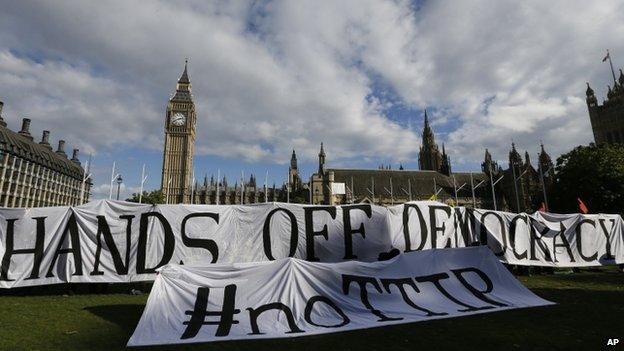
Critics say TTIP's powers for companies to sue governments are anti-democratic
'Investor-state dispute settlement'
Much of the opposition to TTIP in the UK and other EU countries including Germany, is focused on its provisions for "investor-state dispute settlement". This procedure would allow companies to sue foreign governments over claims of unfair treatment and to be entitled to compensation. Critics say the measures undermine the power of national governments to act in the interests of their citizens. For example, they warn that tobacco giants could use the procedure to challenge restrictive regulations, citing a case in Australia, where Philip Morris Asia used a 1993 trade agreement with Hong Kong as the basis for a legal move to stop a change to packaging. In the UK, attention has focused on the potential impact on the NHS, with critics saying TTIP would allow private firms running NHS services to sue the government if it chose to return the services to the public sector. Opponents have called for the NHS to be exempted from TTIP, arguing that other sectors have already secured exemptions, such as the French film industry. The UK government says the details of how the dispute settlement would work is still under negotiation and insists there is no threat to the NHS.
Food standards
Critics also worry about the impact on food standards, arguing that the EU has much stricter regulations on GM crops, pesticide use and food additives than the US. They say the TTIP deal could open the EU market to cheaper products with poorer standards. They also warn that food giants could use investor-state dispute settlements to bully governments into dropping legislation to improve food standards. The UK government insists it would not allow the TTIP deal to undermine the UK's welfare and regulatory standards.
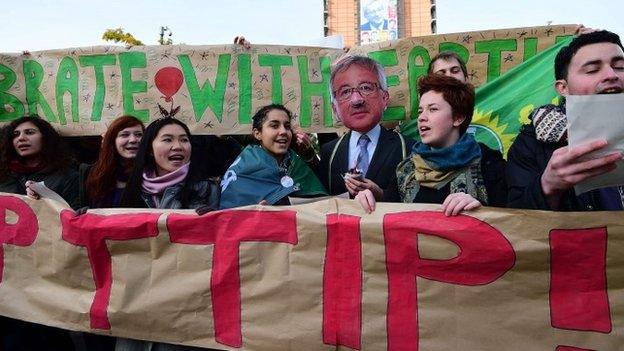
A protest against TTIP in Brussels targeting Jean-Claude Juncker, who's made the TTIP deal a priority
Privacy
In 2012, after a widespread protest, the European Parliament rejected a multilateral agreement to harmonise and step up anti-counterfeiting law. Protesters had claimed the agreement threatened privacy by encouraging surveillance of personal data. Some critics have suggested proposals in TTIP on intellectual property could have a similar effect to the proposed anti-counterfeiting measures - claims which are denied by TTIP's supporters.
Financial services
After the 2008 financial crash, the EU and US embarked on different programmes of reform to the regulations governing banks and other financial institutions. The TTIP deal would attempt to harmonise those regulations. Critics say TTIP could weaken the rules governing banks by diluting the tougher reforms adopted in the US. The European Commission says a common framework on banking regulation is needed for economic stability.

What happens next?
In the EU, the deal has to be presented to the European Council and the European Parliament, both of which must agree the outcome. The deal will then have to be separately ratified by the national parliaments of all 28 EU member states.
The three main Westminster parties in the UK broadly support TTIP, though Labour has called for the NHS to be exempted from the investor-state dispute settlement measures.
In the US, the agreement must be approved by Congress. The White House has indicated it intends to request a so-called 'trade promotion authority' under which Congress agrees to a simplified procedure for approving the deal.
Without that provision, TTIP could be wrecked by amendments written by special interests, with Democrats more hostile to free trade than their opponents.

Key quotes
UK Prime Minister David Cameron
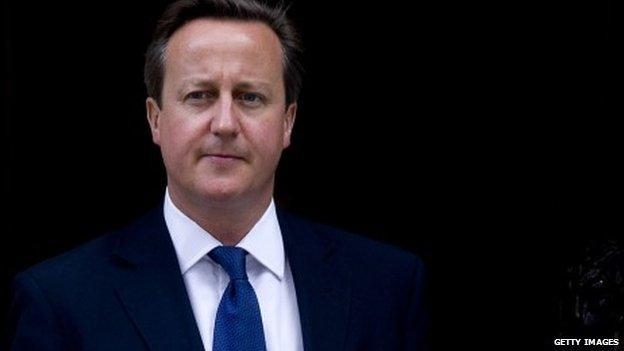
"The opportunities for Britain of trading more with the United States of America are clear...Two million extra jobs, more choice and lower prices in our shops. We're talking about what could be the biggest bilateral trade deal in history, a deal that will have a greater impact than all the other trade deals on the table put together... We've signed trade deal after trade deal and it's never been a problem in the past. Some people argue in some way this could damage the NHS. I think that is nonsense. It's our National Health Service. It's in the public sector, it will stay in the public sector. That's not going to change. It will remain free at the point of use."

Jean-Claude Juncker, European Commission President
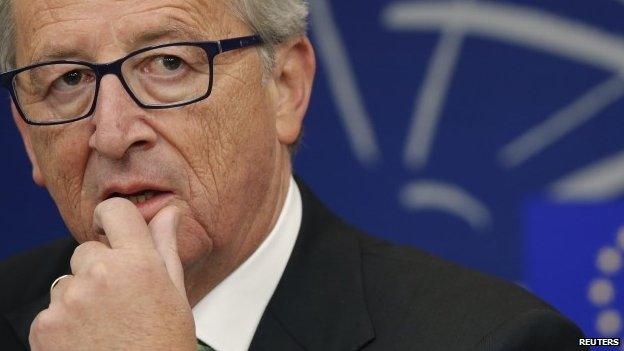
"Under my presidency, the Commission will negotiate a reasonable and balanced trade agreement with the United States of America. It is anachronistic that, in the 21st century, Europeans and Americans still impose customs duties on each other's products. These should be swiftly and fully abolished. I also believe that we can go a significant step further in recognising each other's product standards or working towards transatlantic standards. However...I will also be very clear that I will not sacrifice Europe's safety, health, social and data protection standards on the altar of free trade. Notably, the safety of the food we eat and the protection of Europeans' personal data will be non-negotiable for me as Commission President. Nor will I accept that the jurisdiction of courts in the EU Member States is limited by special regimes for investor disputes. The rule of law and the principle of equality before the law must also apply in this context."

Len McCluskey, general secretary of Unite union
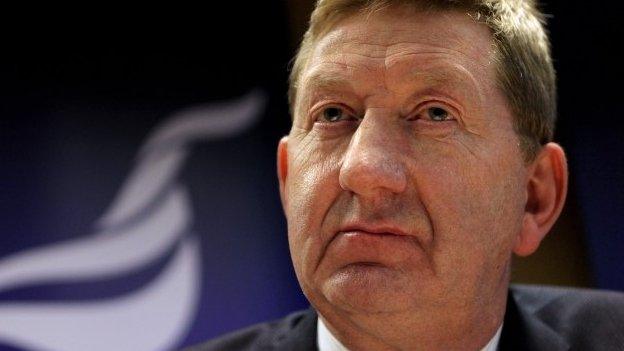
"There is massive opposition to the NHS being part of the US trade deal... The NHS unites this country, it is the single most important local issue for voters. The prime minister has cut himself adrift from public opinion by refusing to listen to the public...David Cameron has claimed that there is "no threat" to the NHS from TTIP. If this is true, why doesn't Cameron just remove the NHS from the trade deal? Other countries have vetoed sectors from the trade deal. The Government has failed to give one decent reason why the NHS should be in this trade deal."

George Monbiot, environmental campaigner

"Investor-state rules could be used to smash any attempt to save the NHS from corporate control, to re-regulate the banks, to curb the greed of the energy companies, to renationalise the railways, to leave fossil fuels in the ground. These rules shut down democratic alternatives. They outlaw leftwing politics. This is why there has been no attempt by the UK government to inform us about this monstrous assault on democracy, let alone consult us...Wake up, people we're being shafted."

John Cridland, director general of the CBI
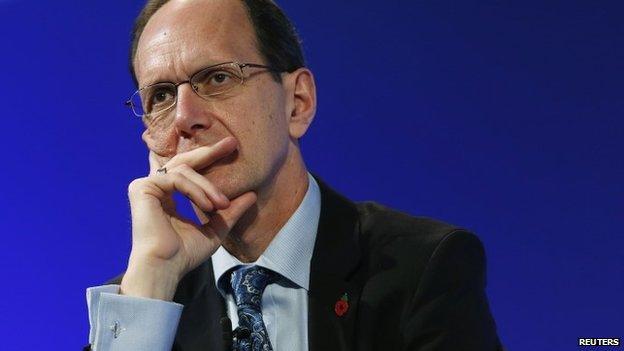
"Europe's business community has come together and is united in making a loud and clear clarion call to political leaders - this deal is vital for future growth and the prosperity for citizens across the EU. And could create thousands of new opportunities for our young people...It would create an integrated market of over 800 million people, bringing more choices for consumers at cheaper prices. And with the UK already trading more and investing more with the US than any other country, there are real advantages to drive home particularly for smaller firms. "TTIP would be the biggest free trade deal ever negotiated."

Natalie Bennett, Green Party leader

"The proposed trade deal is a huge threat to our democracy and our sovereignty. We have seen the UK participating in a disastrous race to the bottom on corporate tax rates and wages. We must not also walk into lowering our workers' rights, environmental standards and food health standards. Chicken carcasses washed in bleach, hormone-stuffed beef and open season on pollution are not things we want to import from the US."

- Published4 December 2014
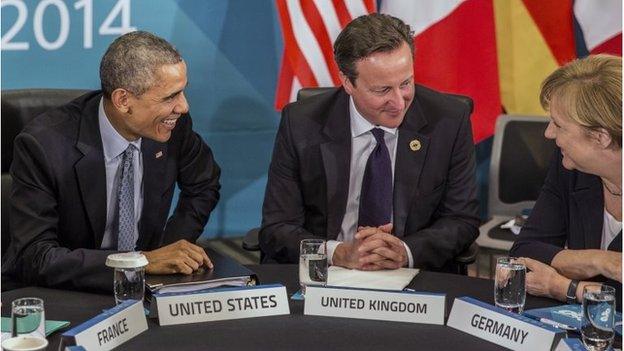
- Published12 December 2014